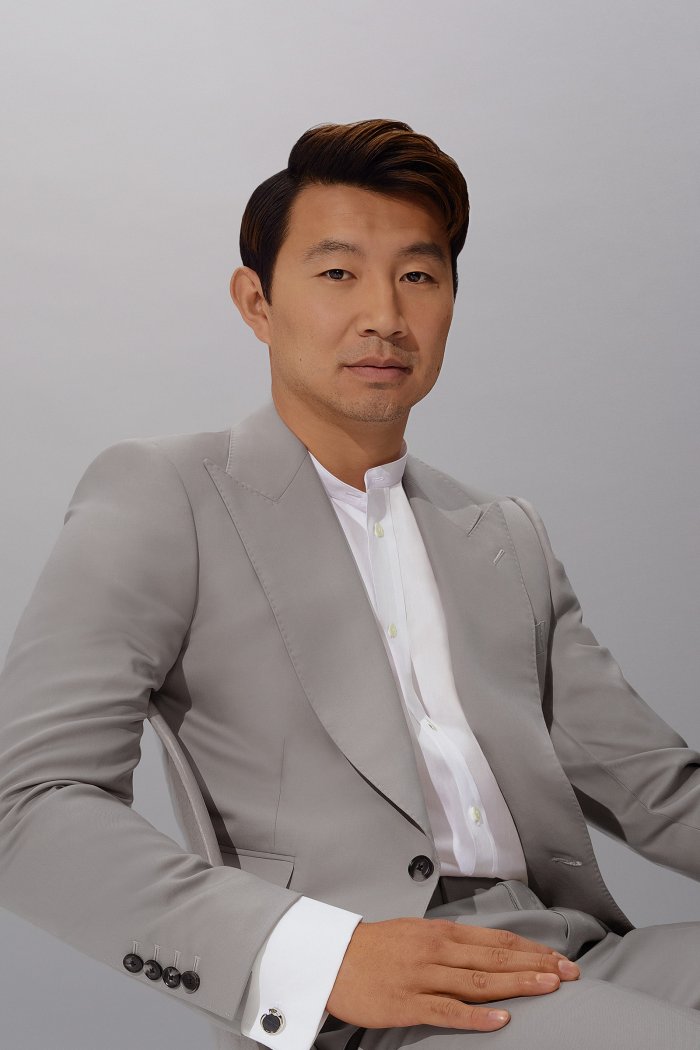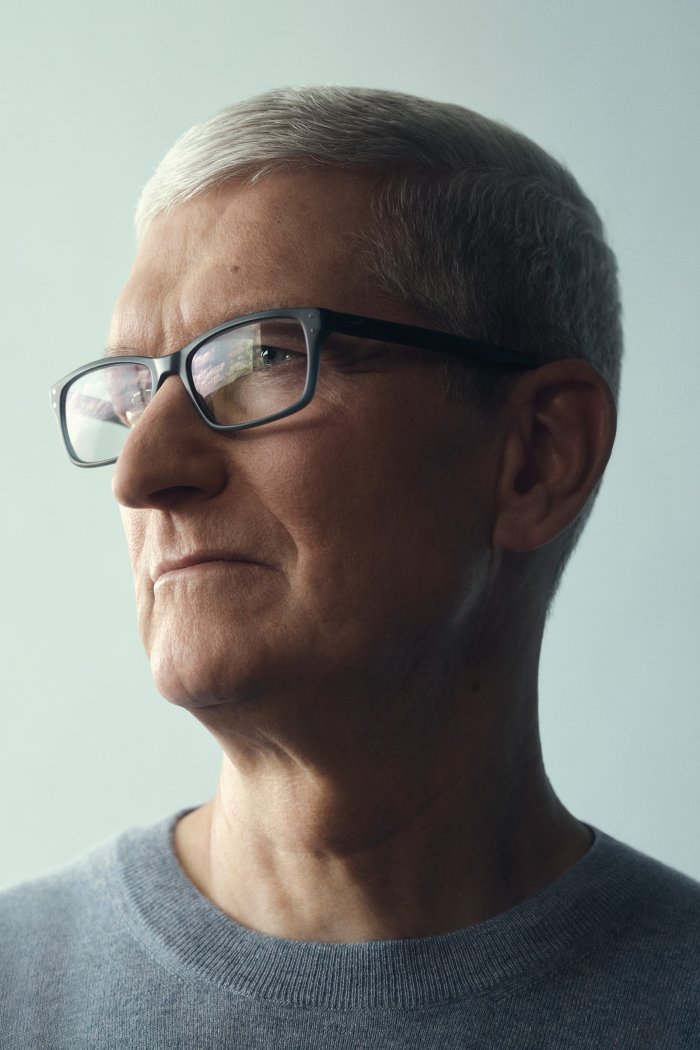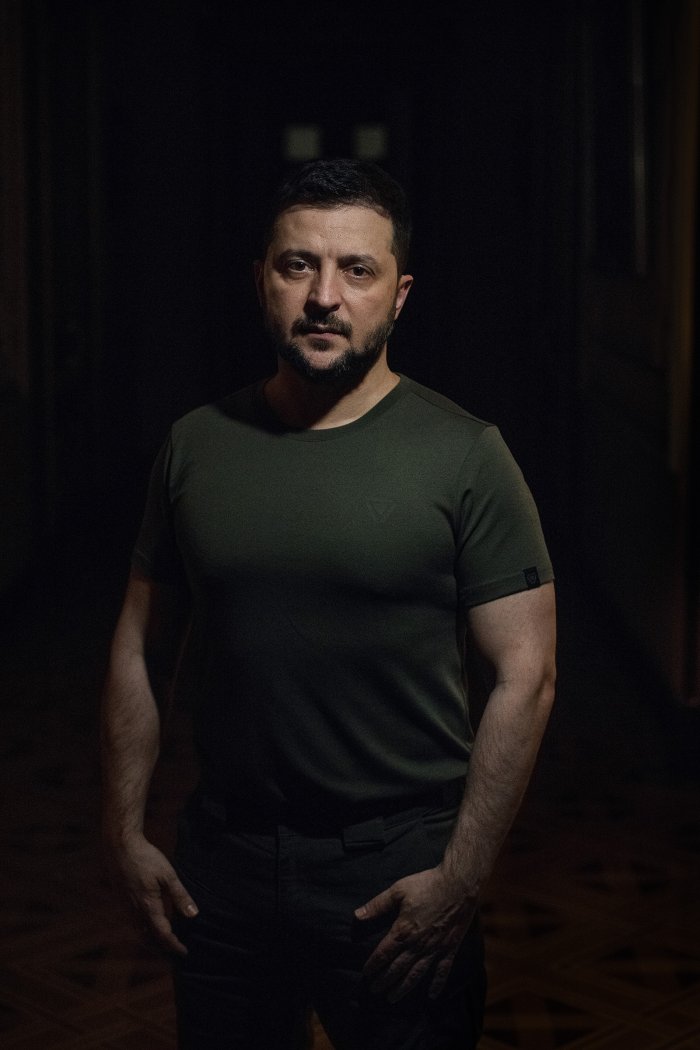In 2014, Russia and China used their U.N. Security Council veto to block the referral of atrocities in Syria to the International Criminal Court, which would have allowed for prosecution of those crimes. The veto moved justice even further out of reach for victims. So Syrian lawyers Anwar Al Bunni and Mazen Darwish took action.
Both had been imprisoned in Syria and subsequently fled to Europe. There, they supported German prosecutors who, using the legal concept of universal jurisdiction, pursued a former Syrian military intelligence officer who had fled to Germany.
In January, a court in the German city of Koblenz convicted former intelligence officer Anwar R., the most senior Syrian official to be put on trial, of crimes against humanity for overseeing the systematic torture of detainees. He was sentenced to life in prison. Al Bunni and Darwish not only testified at the trial but also led efforts to gather evidence and witnesses that were vital for this historic case.
This dent in the impunity behind so many atrocities in Syria—one of several similar prosecutions under way—pays a measure of respect to the victims and provides hope for further justice. These prosecutions can help to deter further atrocities, in Syria and elsewhere.
Roth is executive director of Human Rights Watch
- Cybersecurity Experts Are Sounding the Alarm on DOGE
- Meet the 2025 Women of the Year
- The Harsh Truth About Disability Inclusion
- Why Do More Young Adults Have Cancer?
- Colman Domingo Leads With Radical Love
- How to Get Better at Doing Things Alone
- Michelle Zauner Stares Down the Darkness





